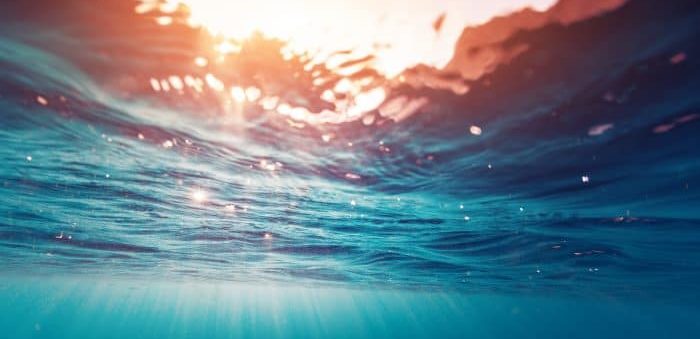A global network of Ocean Centres was launched on 10 June at the United Nations Ocean Conference 2025, designed to put safety at the center of the blue economy transition in emerging ocean economies.
As stated, the Ocean Centres , established through a partnership between the United Nations Global Compact and Lloyd’s Register Foundation, will serve as locally led, multi-stakeholder platforms in Brazil, Ghana, Kenya, India, Bangladesh, Indonesia and the Philippines.
Each Centre aims to address pressing safety and sustainability challenges specific to their national ocean economy, advancing resilient, people- and nature-positive development.
Changing global workforce patterns, climate change, the energy transition, and technological innovation continue to bring new challenges and opportunities in growing ocean economies. Collective, local action to drive safe and sustainable solutions is key to protecting those most affected as we work towards a people and nature positive future.
…said Erik Giercksky, Ocean Lead, UN Global Compact.
Furthermore, the Centres will catalyse national dialogues on safe practices across key sectors such as green shipping, ports, fishing, aquaculture, offshore renewables and ocean finance. Working groups comprised of engineers, safety professionals, investors, and local stakeholders will translate these insights into recommendations and policy input.
Dr. Ruth Boumphrey, Chief Executive of Lloyd’s Register Foundation, emphasized that whilst keeping people safe is a universal ambition, every country has its own unique ambitions to grow their maritime economies, bringing with it safety challenges and opportunities which can only be properly understood by local stakeholders.
By sharing local perspectives across the centres, we can all learn from each other.
…said Dr. Boumphrey.
Moreover, each Ocean Centre is led by a UN Global Compact Country Network and guided by a Country Lead. Their work builds on national Blue Economy reports that map industry gaps, workforce readiness and infrastructure vulnerabilities, offering a blueprint for more resilient and investable ocean economies.
In countries like Indonesia, where the ocean economy makes up 20% of GDP and employs 10% of the workforce, the need for safe and sustainable maritime practices is urgent and global in its implications.
The 18-month implementation phase will culminate in a global Ocean Centres Manifesto, synthesizing the collective insights, solutions, and policy proposals from all seven countries.
This manifesto will serve as a tool for governments, companies and investors seeking to integrate safety more deeply into ocean sustainability efforts.
































































